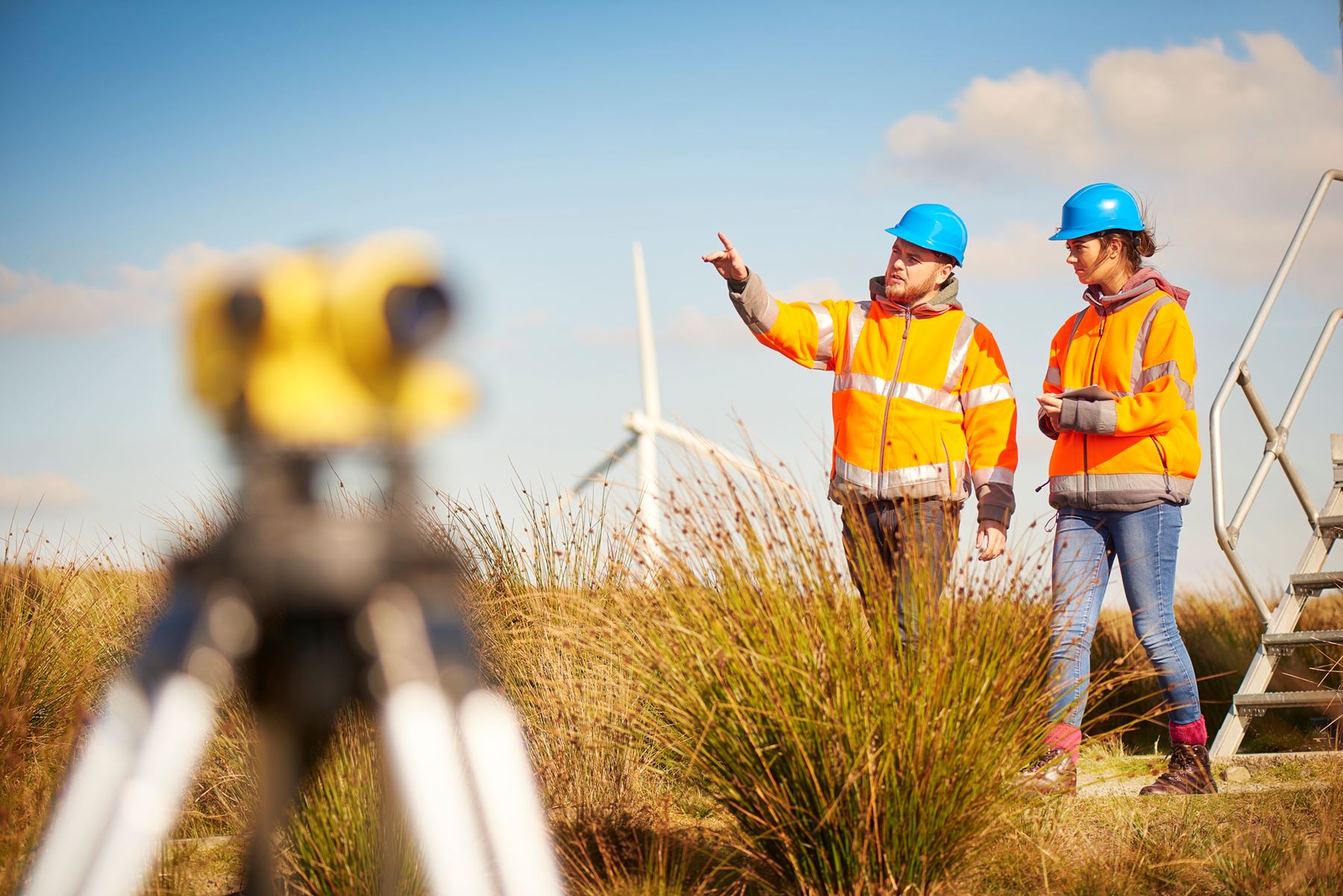Three out of ten tonnes of CO2 can be saved
The world is in a climate crisis, so it is urgent to change production in order to achieve the climate goals. A new report, which focuses on an energy-hungry industry: large laundries for workwear, shows that it is possible to save 27% CO2 by choosing a Nordic Swan Ecolabelled laundry for washing work clothes.

The Nordic Swan Ecolabel takes a holistic approach and evaluates environmental and climate impact at all relevant stages of a product's life cycle so that the climate impact is reduced.
The report, which was produced in Denmark, shows that if 92 Danish municipalities were to choose Nordic Swan Ecolabel laundries for washing work clothes, it would mean a saving of 480 tonnes of CO2. The savings are based on 2,750 tonnes of work clothes that are washed annually in the Danish municipalities.
"The more municipalities and companies that choose Nordic Swan Ecolabel laundry to wash their work clothes, the greater the effect. So we hope that many clients will become aware that it is easy to choose the right one for the climate with Nordic Swan Ecolabel laundries," says Nicholas Nehaul, product specialist for textile service at Ecolabelling Sweden.
If other textiles had also been included in the calculation, such as bed linen and towels from the healthcare sector, the number of tonnes of carbon dioxide emissions saved would be even higher.
Presumably, the savings would be even greater, but Nordic Ecolabelling has chosen a low level. However, the result shows a reduction of at least 27% CO2, which corresponds to 175 g CO2 per kg of laundry.
The calculation is based on a life cycle analysis that has focused exclusively on carbon dioxide emissions. The savings are mainly due to energy efficiency and limiting greenhouse gas emissions.
In the text, CO2 is used, but refers to CO2e, CO2 equivalents are the common unit used for calculations of all greenhouse gases.
The Nordic Swan Ecolabel also has other requirements, but these are not included in the calculation. For example, requirements for washing chemicals, new vehicles that meet the latest Euro standard and training in eco-driving.
In addition, there are also a number of points requirements that reward an even lower energy consumption than the mandatory requirement. The score requirements are not included in the calculation because they are difficult to quantify and calculate average data on. The points requirements are not mandatory, each laundry gets to choose which areas they want to score points in.
The calculation was carried out by the Danish consultancy firm Viegand Maagøe.